ROME, N.Y. — Joseph H. Boardman, Amtrak’s second-longest-serving president and CEO, has died. Boardman, 70, suffered a stroke while vacationing with his wife and family in Florida on March 5 and passed away early this morning, Amtrak announced.
A U.S. Air Force Vietnam veteran who served as New York State Transportation Commissioner for 8 years beginning in 1997, Boardman was named Administrator of the Federal Railroad Administration in 2005. He became familiar with Amtrak operations while sitting on its board of directors as the Department of Transportation’s representative, and was named in 2008 to succeed Alexander Kummant as the company’s ninth non-interim president.
His eight-year tenure was surpassed in duration only by W. Graham Claytor, Jr. (1982-1993). During his time as CEO, Boardman initiated equipment purchases of 70 Siemens ACS-64 electric locomotives for the Northeast Corridor; 130 Viewliner II baggage, baggage dorm, sleeping, and dining cars (though he was troubled by CAF, USA’s repeated production failures); and 28 Alstom Avelia Liberty electric trainsets that are to replace Northeast Corridor Acela Expresses beginning in 2021.
Boardman championed Amtrak’s efforts to encourage state and local community grant applications to help pay for needed infrastructure improvements along the Southwest Chief’s route. Although he was criticized for not acting on efficiency and mobility improvement recommendations to other long-distance routes, such as converting the Sunset Limited and Cardinal to daily operation, Boardman told Trains in an interview last September that there was no way he could convince Amtrak’s board at the time to find and spend the necessary money on the national network.
Boardman had been outspoken about the direction current Amtrak management was taking the company since his departure in September 2016 [see “Boardman talks to Trains,” March 2019]. In retirement, he became sharply critical of his successors’ jettisoning of institutional knowledge with management buyouts, food service downgrades, and attempts to weaken the performance of long-distance trains.
“He was very hands on with employees and respected their expertise,” one current Amtrak employee tells Trains News Wire.
Recently-retired car attendant Lou Drummeter, a 32-year Amtrak veteran, traveled with Boardman on business car Beech Grove during dozens of inspection trips and facility visits. “He believed in boots on the ground — getting out on the railroad to see the operation and listening to employees,” Drummeter says. The car was always positioned on Superliner trains adjacent to a transition dorm; when passing through the train Boardman encouraged employees to come back to tell him what was on their mind. “With Joe, you could always speak freely,” recalls Drummeter. “And when he had tough decisions to make, you could see his angst.”
Boardman is survived by his wife, Joanne, three children and several grandchildren. Funeral arrangements are pending.
— Note: An earlier version of this article included a statement from Amtrak on Boardman’s passing. That statement is now part of a separate article available here.





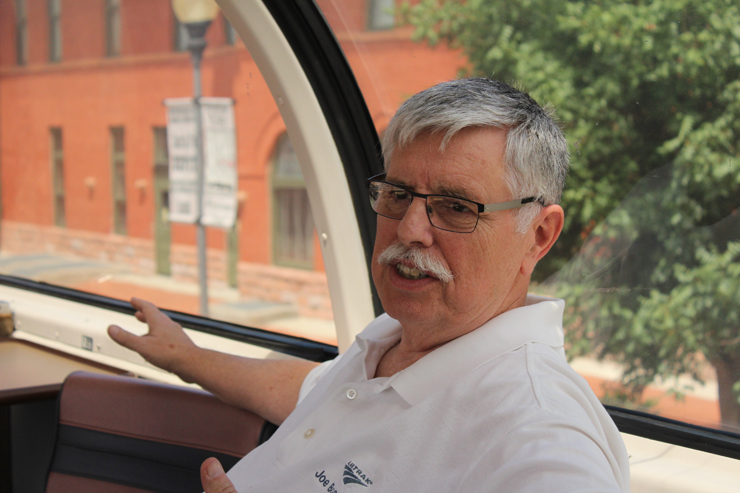
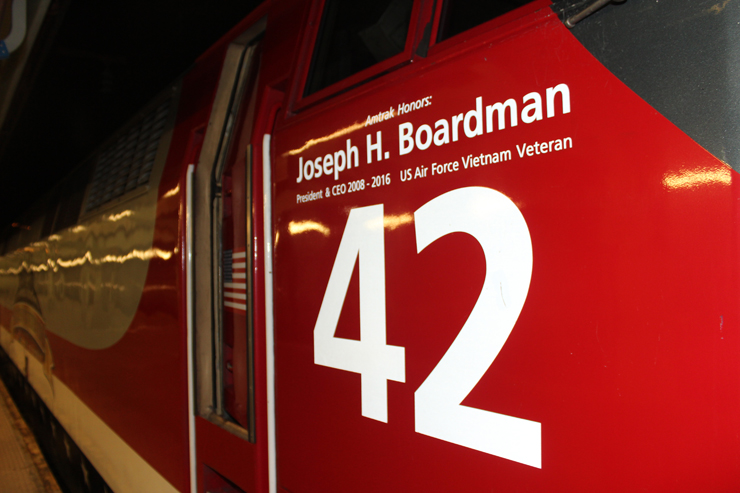

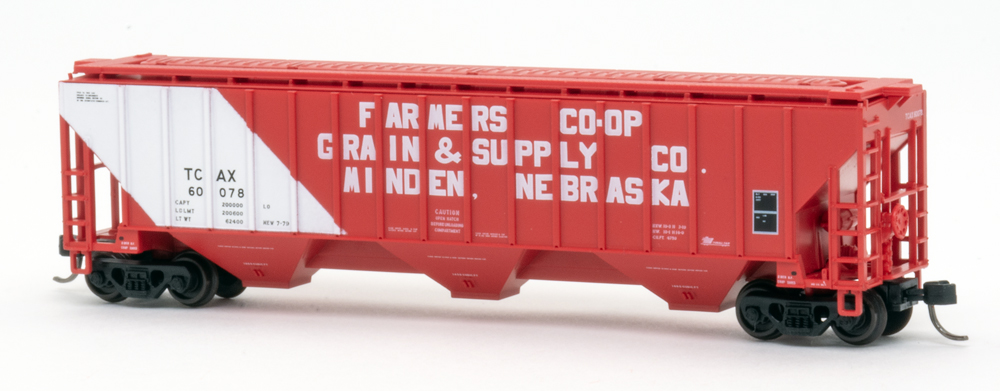

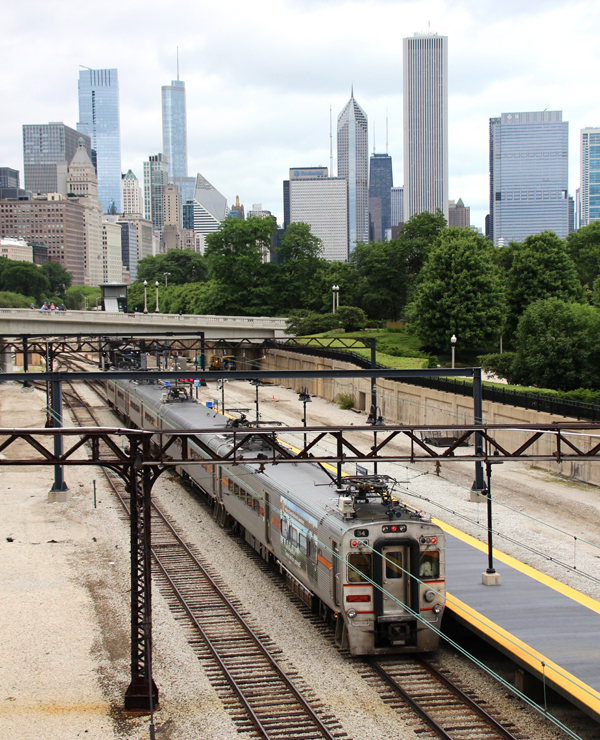
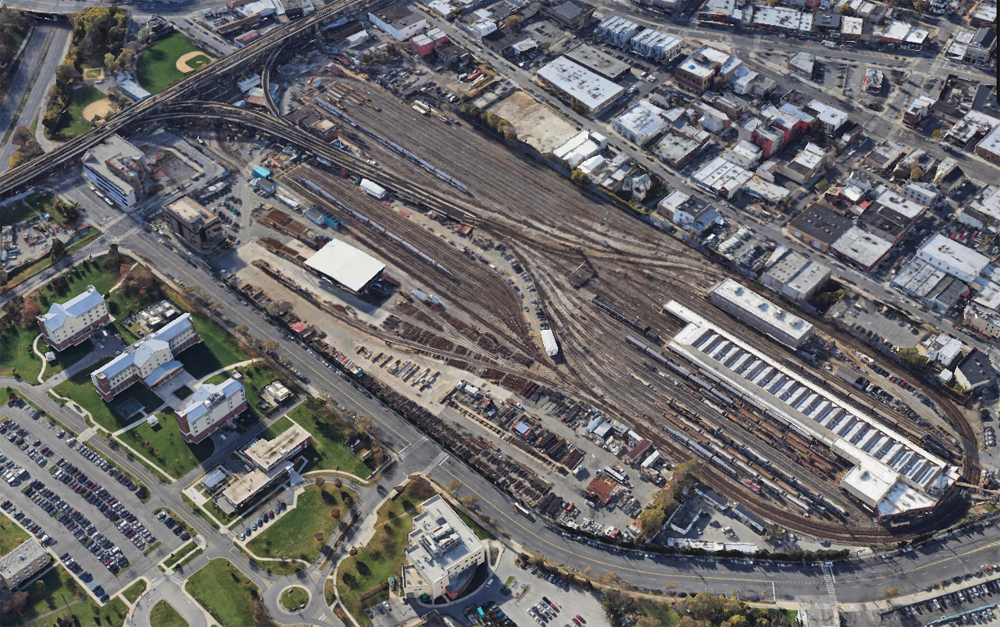
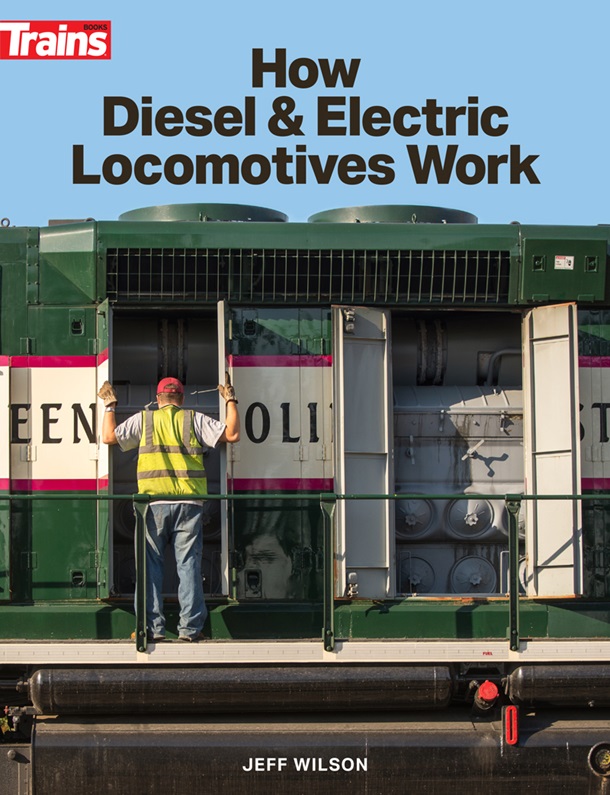
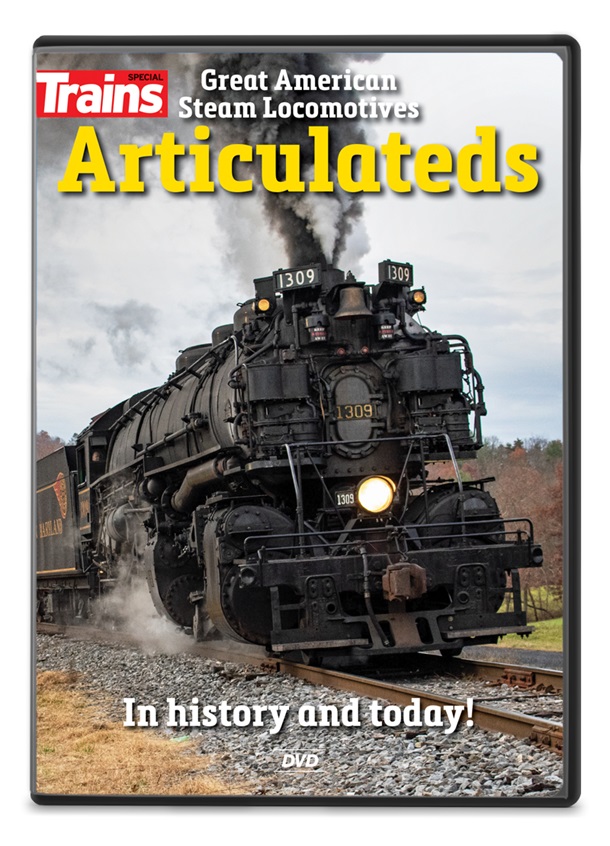
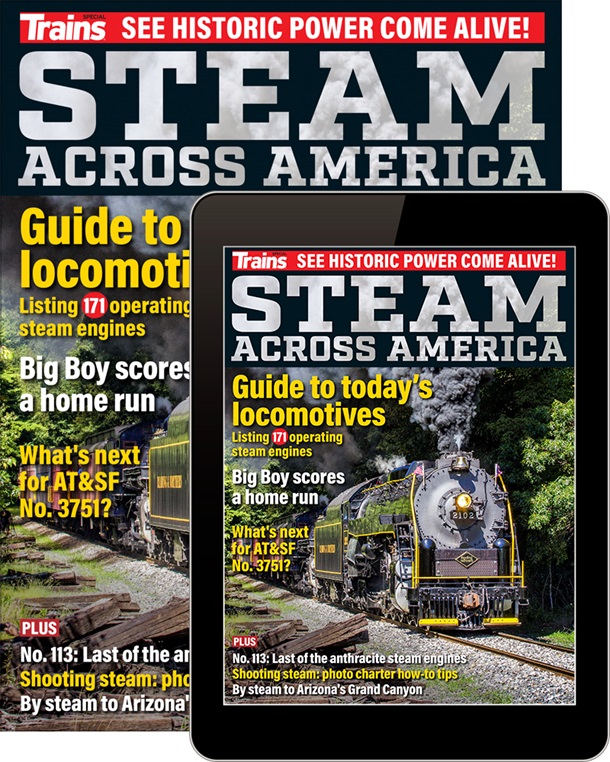
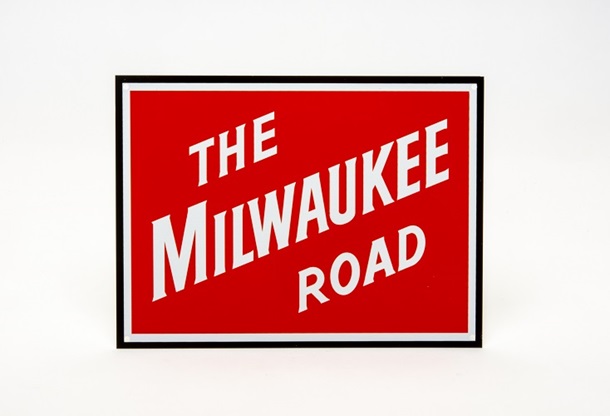
Mr. Winter: No, I completely understood your point which was to falsely blame the Obama administration for reducing coal demand. Even the utilities report that the reason they are switching to natural gas is purely economic. The Obama administration actually oversaw the fracking booms in the Bakken and the Marcellus Shale, so they in turn helped increase the availability of fossil fuels.
But you’re additionally wrong about the DM&E bringing the price of coal down through competition. It wouldn’t have happened. Undercut UP and BNSF? How? And even if they were magically (and that’s what it would take) able to wrest a coal contract or two from one of them, the amount would have been so insignificant that it could not have affected the price overall. This is, as stated earlier, because the DM&E simply didn’t have access to the vast majority of coal customers who bought Powder River Basin coal because their route structure was so limited. And then expect them to pay back the $2.3 billion loan? No way.
The salient point is that the loan couldn’t be repaid, Boardman knew it, and no one in private enterprise wanted to step in and finance the project. Your post had no purpose other than to politicize a topic that didn’t need to be.
I too hate to see this industry lose it largest commodity but the faster we eliminate coal the better our descendants,if not ourselves, will be. This stuff is filthy, filthy, filthy. It Is not just the CO2. How about the acid rain, the oxides of nitrogen, the microscopic particulate matter. None of this is sustainable into the future. We are kidding ourselves, no we are doing much worse, if we don’t inform and be honest about these threats to life on this planet. It has been said by people who have made these subjects their life’s work that life on this planet can be compared to balancing something on the edge of a knife. It is fragile and we ignore this at our peril. Deny it if you will but history will prove you wrong. We all must do some homework. Unfortunately, most of us will not do that and that is the source of this problem.
I too am saddened by Joe‘s untimely passing. I only met him once and quite superficially but could immediately see how approachable and down to earth he was. He was so open and possessed by a healthy measure of humility. My only regret is that I believe it was under him that Amtrak discontinued printed timetables. I miss them. I just find them more convenient than having to boot up an I-pad or smart phone that may be buried in a pocket. Condolences to his family, 70 is too young to pass.
Mark. You missed the point. It was suggested that if DM&E accessed the PRC region, coal prices would have come down through more competition. Thereby suggesting it would have saved the coal industry. The point is even if DM&E did help bring coal prices down, the coal industry would still of had the rug pulled out from under them by the Obama admin. As it turned out the FRA did DM&E & CP & taxpayers a favor stopping this as they all would have never recouped their expenditures when the coal industry took a hit by the greenies.
People, my head spins when people blame Dick Anderson’s failures at Amtrak to his background heading Northwest and Delta Airlines. Those corporations functioned. They got people where they were going. They could operate in the snow at their MSP and DTW hubs. No it’s not the airline’s fault that Amtrak can run a train in the snow let alone run it well. Something else is going on with “Delta Dick” and I have to wonder if it’s his Board of Directors.
Gerald McFarlane: You know not of what you speak, and I challenge you to name the power plants in Minnesota that could have even received coal via the DM&E – there just aren’t any that don’t involve another railroad like BNSF or UP. In Wisconsin, there are a few that could be customers IF another railroad participated. And that these blockbuster would be contracts that could have bolstered the DM&E’s case were kept secret is mysterious to the point of not being believable. And then that still doesn’t address how DM&E could gain these few contracts and then pay off the loan. Just couldn’t have happened. But speaking of things that really are true: BNSF’s biggest coal customers are in Alabama and Georgia. They also have major customers in Arizona, Texas, Colorado, Kansas, Missouri, Oregon, Washington, Illinois, Northern Minnesota, British Columbia, and elsewhee that no way no how could DM&E participate in (again, even if they could undercut in price). Same for UP and their destinations. The reality is that over three-quarters of the coal shipped out of the Powder River Basin goes somewhere other than it is even within the realm of possibility that DM&E could be part of the route. And as fickle as utilities are switching contracts between carriers, it is laughable that there would be any commitment to an entity who couldn’t even get private financing for expansion and never did completely document the infrastructure that would be provided (and how it could be supersuperior to that of BNSF and UP AND pay off the loan). Kevin Schieffer was a charlatan and real railroaders like Joe Boardman saw the situation as it was.
“Gerald, coal was doomed when Obama & his administration moved to appease the global warming charade.”
Ah, yeah, sure. But just to clarify: The $2.3 billion loan was denied to the DM&E in 2007, during the Bush administration.
As a retired Amtrak locomotive engineer, I hate to hear this. The man was approachable and employee friendly — and certainly a damn sight better than what we have in there now…
Boardman hit the spike on the head in his last interview in TRAINS mag. If the board had a spine they would dump the airline mentality we have now & get a true railroader back in there. Someone with the knowledge to know how to run a railroad & stand up to politicians. Plus work with unions & unions that will work with that person. It can’t be a one way street.
Gerald, coal was doomed when Obama & his administration moved to appease the global warming charade. Coal could have been free & they still try to shut it down.
While most know Boardman for his tenure at Amtrak, the TRAINS article didn’t mention one of his more notable acts: As FRA administrator in 2007, he denied a taxpayer-funded $2.3 billion loan to the Dakota, Minnesota, and Eastern Railroad to build a railroad from South Dakota into the Powder River Basin of Wyoming. Even before the downturn in coal demand, it was ridiculous to think DM&E could wrest coal contracts away from BNSF and UP AND repay the loan, especially due to its highly-limited route structure. Boardman correctly cited a “too high a risk concerning the railroad’s ability to repay the loan,” and it was denied, saving taxpayers from an epic boondoggle.
He was too much of a friend to the union and too much of a friend to long distance trains for my liking. The buyout of institutional knowledge was actually started by Boardman so I don’t know why he is being critical of that move. He kept things going but not much else. I agree with Charles’ comment about a “more distinquished retirement than presidency.” My condolences to his family on their loss.
Ditto to Charles and Roger for their thoughts and Godspeed to Mr. Boardman. It was plain in his final Trains interview he was not satisfied just to take a quiet retirement when something he cared about deeply was being misused. Condolences to the Boardman family in their time of grief.
Boardman had a more comfortable role a former President than President of Amtrak. He walked a tightrope as an Obama-appointee (interim President under Bush 43 until getting the job permanently under Obama) in which labor was favored over the management team, a passenger renaissance was talked up while new equipment procurement was slow-rolled by spreading money to Illinois (home state for Amtrak’s Chairman and FRA Administrator) for locomotives and California for cars, and a company injury rate by 2015 was almost four times worse than the Class I freight railroads. It’s sad to think what Boardman’s presidency might have been.
This is tragic. He will be remembered like two US Presidents who had a more distinguished retirement than presidency, Rutherford B. Hayes and Jimmy Carter. Boardman had his (few) plusses as president, like keeping the railroad solvent and operating in the aftermath of the Philadelphia crash. His best moment was his last: he lived long enough to ream out Dick Anderson.
Sorry to hear of Joe Boardman’s passing. Although,I thought he missed a lot of opportunities to improve Amtrak while he was CEO,he did prove that he was a friend of the long distance trains and in particular The Southwest Chief when they came under assault by the current Amtrak management.
It is unfortunate that most commentators do not know “momento mori.’
Mark Meyer, one little known fact of the DM&E proposal was that most of the rail served coal fired power plants in Minnesota and Wisconsin had already spoken to the DM&E about switching over and had already worked out contracts to be signed once the line was completed…but that wasn’t even told to the FRA either. A third competitor from the PRB would’ve kept prices even lower and slowed down the conversion to natural gas.
As for Joe Boardmans passing, this would be the perfect time for the Amtrak BoD to honor him and kick RA to the curb and replace him with Matt Rose.
This is so sad. Terrible news.
While many had issues with many of his decisions, we should all keep in mind that Joe Boardman made his decisions with the best interests of the railroad industry and taxpayers in mind. The U.S. government would be held in much higher regard is everyone was as fundamentally honorable as was Mr. Boardman.